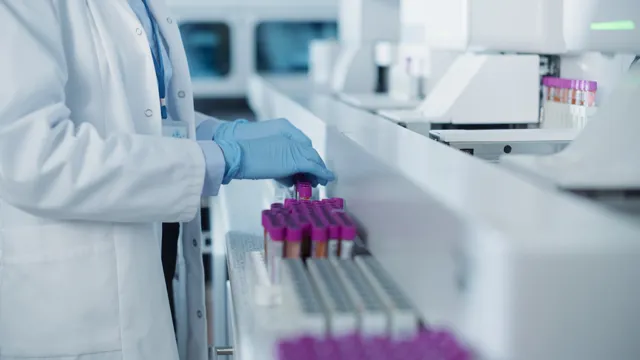
Understanding family history
Most cancers occur by chance when DNA changes cause our cells to divide and grow out of control. However, pancreatic cancer can sometimes run in families. Around 10% of all pancreatic cancer cases are hereditary.
A family history of pancreatic cancer can mean you have a higher risk. Your risk of pancreatic cancer increases if you have two or more first-degree relatives (parent, sibling or child) who have had the disease, or a first-degree relative who developed the disease before they were 50 years old.

Worried about pancreatic cancer in your family?
By answering a few quick questions about your family history, we can check your family risk of developing pancreatic cancer.
The table below shows pancreatic cancer risk based on family history.
Familial pancreatic cancer |
Lifetime risk of pancreatic cancer by age 80 |
|---|---|
No relatives with pancreatic cancer |
1.3% |
One relative with pancreatic cancer |
4% |
Familial pancreatic cancer (two relatives) |
8–12% |
Familial pancreatic cancer (three relatives) |
16–30% |
Source: eviQ, Pancreatic cancer (increased risk) – risk management
Inherited gene changes
Sometimes a gene fault (called a “genetic mutation”), like those listed in the table below, is identified as the reason certain families are more prone to pancreatic cancer. If someone has one of these mutations, their close relatives (such as children or siblings) have a 50% (1 in 2) chance of inheriting the same faulty gene.
The table below shows some of the inherited gene changes that are known to increase the risk of pancreatic cancer. If you have one of these gene changes, your children have a 50% (1 in 2) chance of inheriting the gene. Other close relatives, including your siblings, may also have inherited the gene.
Faulty gene |
Associated condition |
Lifetime risk of pancreatic cancer by age 80 |
|---|---|---|
STK11 |
Peutz‒Jeghers syndrome |
11‒26% |
PRSS1 |
Hereditary pancreatitis |
20‒40% (higher in smokers) |
CDKN2A |
Familial melanoma |
20.7% by age 70 years with the CDKN2A c.225_243del variant |
BRCA1/BRCA2 |
Hereditary breast and ovarian cancer |
3‒4% |
PALB2 |
Hereditary breast cancer |
2-3% |
MLH1/PMS2/MSH2/MSH6 |
Lynch syndrome |
3.6% |
ATM |
- |
9.5% |
Source: APGI Pancreatic Cancer Factsheet and eviQ- Risk Management
Having a family history of pancreatic cancer, or an inherited gene change, does not mean that you or your relatives will develop pancreatic cancer.
For more information about family history and genetic testing for pancreatic cancer, speak to your GP. It can help to write down everything you know about your family’s history of pancreatic cancer to aid in that discussion.
Your GP may organise a referral to a Family Cancer Clinic, where you can speak to a genetic counsellor about your risk.
APRISE High-Risk screening program
Pankind refers people who have an inherited risk of pancreatic cancer to the APRISE program, a national screening study for people at high risk.(Sites available in NSW, TAS, Qld, SA, WA and Vic). Those accepted into the program will receive regular monitoring such as MRIs or endoscopic ultrasound. This program will evaluate the possibility of early detection and the effects of access to earlier intervention.
Pankind is proud to be investing $500,000 over 5 years in APRISE with the Jreissati Pancreatic Centre at Epworth, our largest single research investment to date
It’s the first of its kind in Australia and aims to build robust national data to support a long-term, government-backed screening program for those most at risk in Australia.
Where can I take part?
The APRISE Study is running at hospitals across Australia.
We gratefully acknowledge the James N. Kirby Foundation for its generous support in funding the Family History Checker

Contact Dianne, Support Navigator
on 1800 003 800 for information and find out about the services and support that may be available for you and your family.



